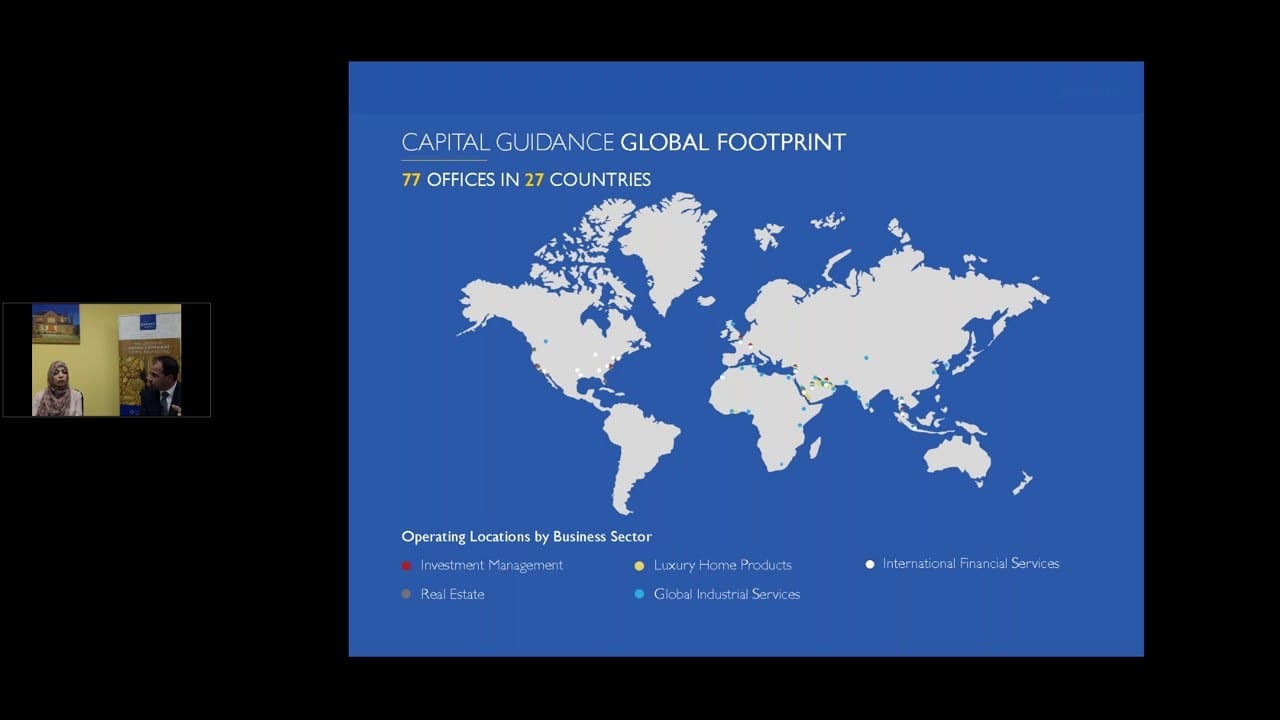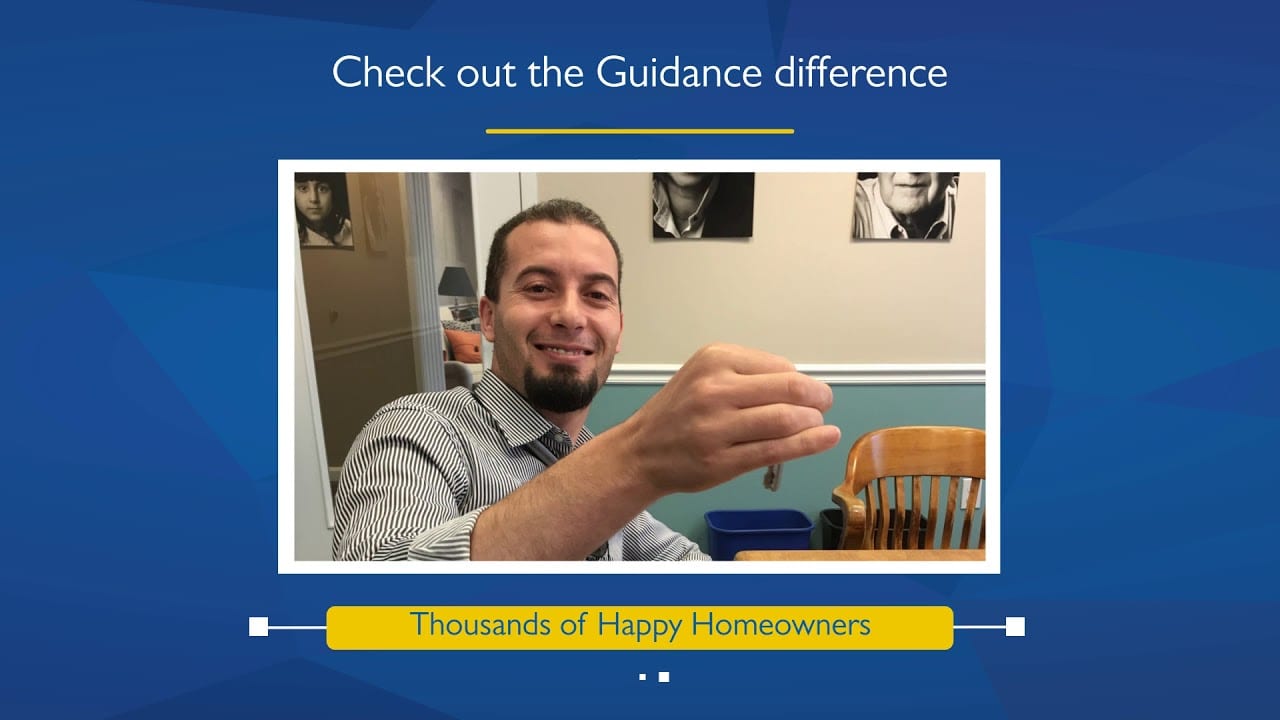How a Cash-Out Refinance Works

If you’re facing major expenses, trying to consolidate debt, or need to make renovations to your home, you might explore various financing options, including personal loans and a home equity line of credit. Another popular option is cash-out refinancing, which can not only give you the cash you need but can make some changes to your home financing, too.
What is Cash-Out Refinancing?
With cash-out refinancing, you will get a new mortgage that is for more money than what you owe on your current mortgage. In turn for taking on that extra debt, you will receive the difference between the new mortgage and your old mortgage in cash.
The amount of cash you get is dependent on your home equity, which means that your home will need to be appraised during the process to determine its current market value. Once you have received the cash, you will begin paying on your new mortgage, which could have a different interest rate and term length than your original mortgage.
>> Related read: What Exactly Is Refinancing a Home?
Reasons to Consider Cash-Out Refinancing
Unlike alternative loan types, with cash-out refinancing, you are using your existing equity, rather than adding on additional payments. The cash that you get is tax-free, and you can use it for a wide variety of purposes.
Fund Home Improvements and Renovations
You can use your cash to fund home improvements, like paying for the new roof that you need. Alternatively, you can use it to renovate your home by adding on a bedroom or finishing a basement. These enhancements can increase your home’s value, so you stand to make more money when you eventually sell your home.
Consolidate Debt
If you’re paying high interest rates on car loans, student loans, credit cards, and other debt, it can be difficult to keep up and ever pay down those balances. You can use the funds from your cash-out refinance to pay off and consolidate your debt, making it more manageable and saving you money in interest long-term. By paying off the debt with the highest interest rates, you can ensure that you’re able to make future debt payments, so you can avoid late fees and negative impacts on your credit score.
Get a Lower Interest Rate
A cash-out refinance can even help you to get a lower interest rate on your new mortgage. If today’s rate is lower than it was when you initially took out your first mortgage, and if you’ve improved your credit rating since then, that improved rating may also help you to get a better interest rate. The lower rate can save you money long-term and help to keep the payments on your new mortgage to a minimum.
Free Up Money to Invest
You may also choose a cash-out refinance to free up money so that you can invest it. Your investments may generate income and help you prepare for retirement. If the growth of your stocks is greater than the interest rate on your new mortgage, this strategic move could actually make you wealthier.
Switch to a Shariah-compliant Contract
An Islamic mortgage offers those with conventional mortgages an option to align your home financing product with your faith and principles.
Things to Know Before Cash-Out Refinancing
While there are plenty of advantages to cash-out refinancing, there are also some cons to consider. You will need to weigh the pros and cons to decide if cash-out refinancing is right for you.
>> Related read: What to Expect During the Home Financing Process
Leaving Equity in Your Home
Most cash-out refinancing options require that you leave at least 20% equity in your home, so you won’t be able to take advantage of all of the equity that you have put into your home. A VA cash-out refinance is the exception to this rule.
Factor in Closing Costs
You will need to pay for closing costs for your cash-out refinance. These costs include expenses like a home appraisal and attorney fees. If you are refinancing to get a small amount of money, the closing costs could quickly eat into those funds, and refinancing might not be worth what you would pay in closing costs.
Cash Will Take Time to Arrive
Cash-out refinancing isn’t a great funding option if you need to be able to access your money quickly. Typically, it takes 60 to 90 days after you close before you will see the money in your account. If you are in a hurry to access your funds, a home equity loan might be a better choice, and you can often see money in three to five business days.
Your Loan Terms May Change
A cash-out refinance replaces your original mortgage with a new one. That new mortgage may have different terms than your original, which may be both good and bad. While it’s possible to get a lower interest rate, there may be changes to your payments, terms, and interest rates that don’t work in your favor.
Get an Official Appraisal
Before you refinance, you will need to have your home appraised by a third-party appraiser. The appraiser will visit your home, evaluate and compare it to other homes in the area, and write a report. Appraisals can cost $400 or more, and in a hot real estate market where appraisals are in demand, you might find yourself waiting for an appraiser to be available to see your home.
3 Steps to Prepare For a Cash-Out Refinance
If you think that a cash-out refinance is right for you, these steps can help you to prepare for the process.
1. Determine the Financier’s Minimum Requirements
Just like you had to meet certain requirements to be approved for your home financing, you will also have to meet the financier’s requirements to be approved for a cash-out refinance. These requirements can vary depending on the financier and the type of refinance that you are applying for.
Most financiers will require that you have more than 20% equity in your home. In most cases, you will have to leave at least 20% equity in your home, so if you’re looking to borrow a large amount of money, you will need significantly more than 20% equity. Your loan-to-value ratio should also be 80% or less.
Financiers also look for indications that you are financially capable and likely of repaying your new mortgage. A home financing company will likely require you to have a credit score of at least 620, as well as a debt-to-income ratio of 43% or less. They may also verify your income and employment.
2. Calculate the Exact Amount You Need
You will ultimately need to repay the money that you borrow, so it’s important to only borrow enough to pay for the project that you have in mind. If you are planning a home renovation, get plenty of quotes so you can determine the total amount of money you will need. If you plan to consolidate your debt, gather up all of your debt statements and add up what you owe. Then, borrow that specific amount of money and no more.
3. Have Your Information Ready When You Apply
You may find different rates and advantages offered by different companies. Take the time to shop around and compare your options before committing.
Once you are ready to move forward, be prepared to provide additional documentation, including your pay stubs, W-2s or 1099s, tax returns, and a statement of your assets and debts. Financiers may follow up for additional documentation. Being well-organized and able to quickly provide additional documents can help to keep the process moving forward quickly and smoothly.
Alternatives to cash-out refinancing
Personal loan:
When you take out a personal loan, you will receive a fixed amount of money that you will need to repay monthly, and rates are often higher than mortgage interest rates.
Limited cash-out refinancing:
Limited cash-out refinancing replaces your original mortgage with a new one, but your new mortgage can be for the same or even a lower amount than your previous mortgage.
Home equity loan:
A home equity loan is a second mortgage that you take out in addition to your first mortgage, leaving the terms of your first mortgage in place.
Home equity line of credit:
A home equity line of credit is a revolving line of credit taken out against your home equity, allowing you to repeatedly withdraw money, potentially without closing costs.
>> Related read: Why Refinance Your Home with Islamic Home Financing
With cash-out refinancing, you can get cash that you can use for many different purposes.
Get pre-qualified for cash-out refinancing online in fewer than 10 minutes or with a licensed Account Executive from our Guidance Residential team.




